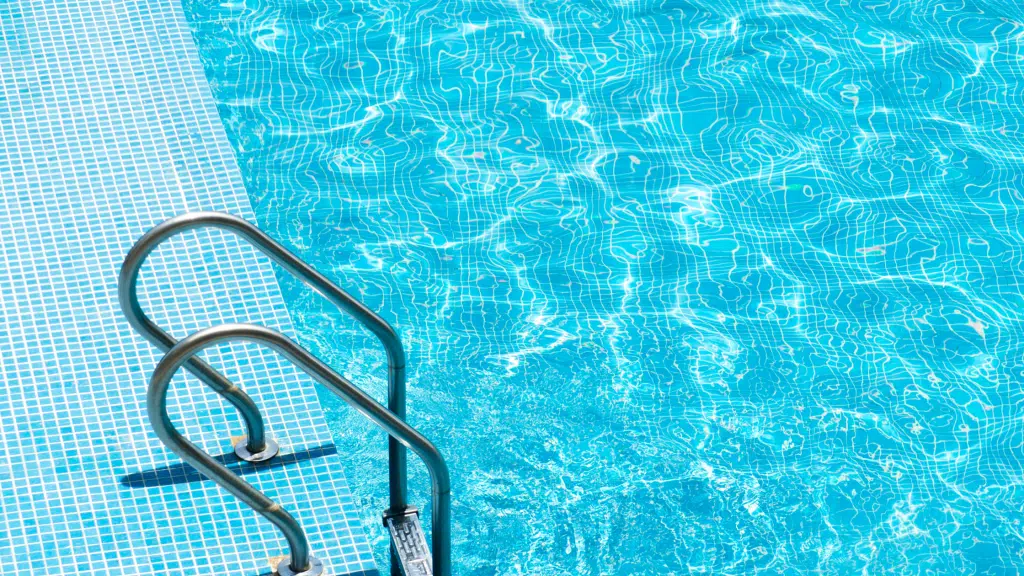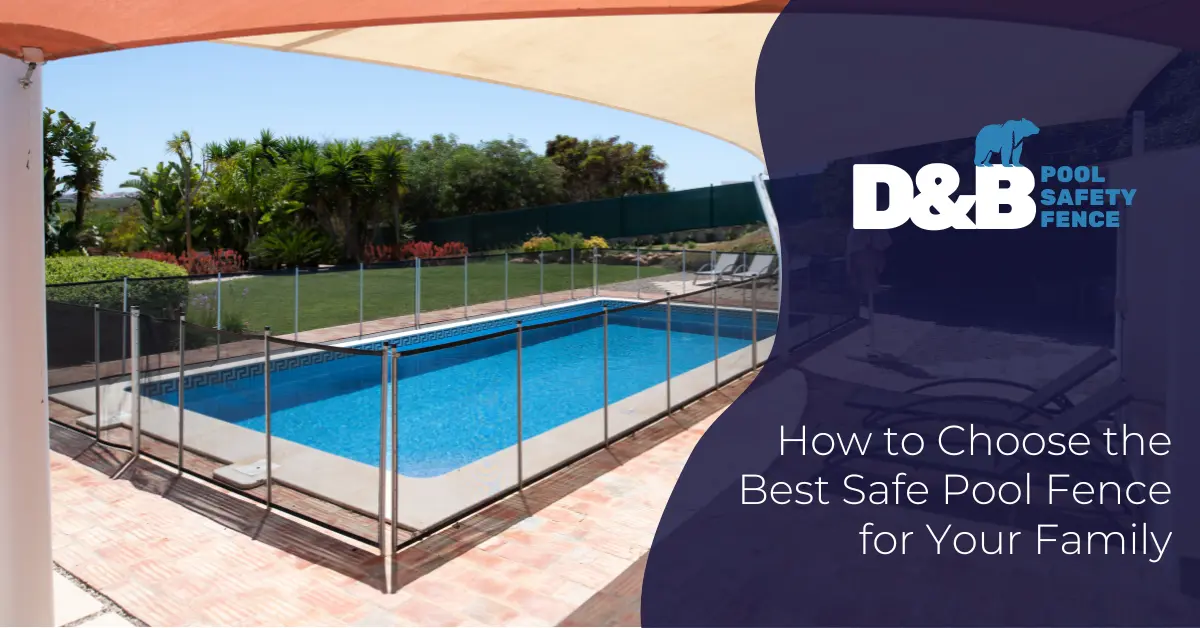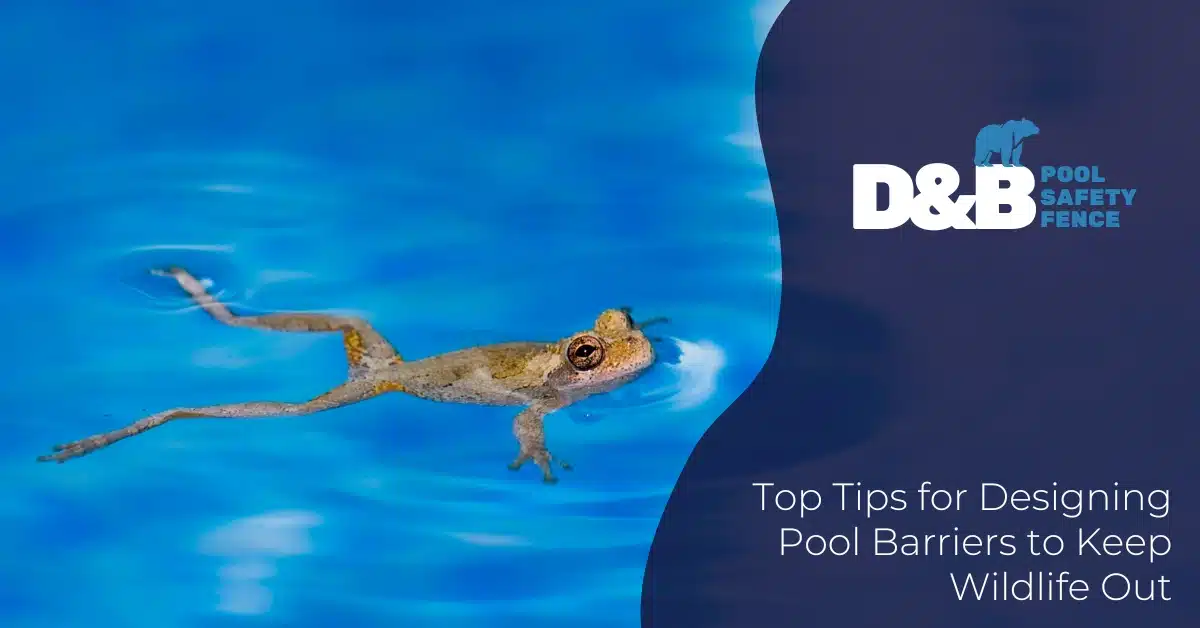When it comes to family safety, choosing the best pool fence is paramount. With four-sided fencing around swimming pools reducing the risk of drowning by about 80 percent, it’s clear that a safe pool fence is a necessity. Drowning stands as the number one cause of unintentional death for children aged 1-4, emphasizing the critical need for secure pool barriers. As one expert rightly said, “A pool fence is the safest, most practical solution for protecting loved ones from the unforeseen hazards of a swimming pool.” Let’s delve into how you can ensure your family’s safety with a safe pool fence.
Understanding Safe Pool Fence Regulations
Local and State Laws for Pool Fencing
Pool Barrier Laws & Regulations: To ensure pool safety, it’s crucial to adhere to local and state laws regarding pool barriers. Skipping the installation of a pool fence is typically against the law, as most places have specific regulations requiring pool fencing.
- Researching regulations in your area: Begin by researching the specific laws and regulations in your locality concerning pool fences. Understanding these guidelines is essential to guarantee compliance with legal requirements and prioritize safety.
- Common legal requirements for pool fences: Familiarize yourself with the common legal prerequisites for pool fences in your region. This may include specifications on fence height, gate mechanisms, materials used, and other crucial factors that contribute to a secure pool enclosure.
Pool Safety Standards
10 Reasons Why You Need a Pool Fence: Safety stands as the primary reason for installing a pool fence, especially if there are children who cannot swim on your property. Adhering to safety standards ensures maximum protection for your loved ones around the swimming pool.
- ASTM and CPSC guidelines: It is vital to be aware of and follow the ASTM F2286 standards for pool barriers set by reputable safety organizations like the CPSC. These guidelines outline specific requirements that certified pool fences must meet to ensure optimal safety levels.
- Importance of compliance with safety standards: Emphasize the significance of complying with safety standards when selecting a pool fence. Choosing a mesh fence designed and tested to meet these standards guarantees enhanced security for your pool area and minimizes potential risks associated with non-compliance.
Choosing Between Types of Pool Safety Fences
Mesh Safe Pool Fences
When considering Mesh Pool Fences, you are opting for a safe and secure option that provides a durable pool barrier. These fences are designed to meet safety standards, ensuring maximum protection for your pool area. Here are some key points to consider:
- Lightweight and Low-Maintenance Material
- Child-Proof Locking Mechanism
- Climb-Resistant Design for Added Safety
Incorporating Mesh Pool Fences into your pool area enhances the overall safety measures, providing peace of mind for you and your family.
Glass Pool Fences
Glass Pool Fences offer an elegant and modern solution that not only ensures safety but also adds a touch of sophistication to your pool surroundings. Here’s why they stand out:
- Complements Backyard Aesthetics
- Maintains Visibility Around the Pool Area
- Provides a Beautiful and Unobtrusive Barrier
Opting for Glass Pool Fences combines style with security, creating a visually appealing boundary for your pool.
Metal Pool Fences
For those looking for a classic yet sturdy option, Metal Pool Fences are an excellent choice. These fences offer durability and strength while fulfilling their primary purpose of safeguarding the pool. Consider the following aspects:
- Long-lasting Galvanized Metal Construction
- Customizable Designs to Suit Your Preferences
- Enhanced Security Features for Peace of Mind
Installing Metal Pool Fences ensures lasting protection and adds a timeless appeal to your outdoor space.
Wooden Pool Fences
When considering Wooden Pool Fences, you are opting for a traditional yet charming option that adds a rustic touch to your pool area. Here’s why wooden fences stand out:
- Natural Aesthetics: Wooden Pool Fences blend seamlessly with outdoor landscapes, offering a warm and inviting look to your pool enclosure.
- Eco-Friendly Choice: Opting for wood promotes sustainability and eco-conscious decisions in your home environment.
- Customizable Designs: Wooden fences can be tailored to suit your preferences, whether you prefer a classic picket style or a more modern slatted design.
Incorporating Wooden Pool Fences into your backyard not only enhances the safety of your pool area but also adds a touch of natural beauty to your outdoor space.
Pros and Cons
- Pros:
- Aesthetic Appeal: Wooden fences provide a timeless and elegant look that complements various architectural styles.
- Customization: You have the flexibility to paint or stain the wood in different colors to match your backyard theme.
- Natural Insulation: Wood acts as a sound barrier and provides privacy while maintaining airflow.
- Cons:
- Maintenance: Regular upkeep such as staining, sealing, and repairs may be required to preserve the fence’s integrity.
- Durability Concerns: Wood is susceptible to rot, insect damage, and weathering over time, necessitating careful maintenance.
Best Use Cases
- Rustic Backyard Settings: Wooden pool fences are ideal for homes with rustic or cottage-style outdoor spaces, enhancing the natural ambiance.
- Privacy Enhancement: If you value privacy around your pool area, wooden fences offer both seclusion and security for your family.
- Traditional Appeal: For those seeking a classic look that withstands trends, wooden pool fences provide enduring charm and character.
Key Features to Consider in Safe Pool Fences

Height and Structure for Safe Pool Fence
When selecting a durable pool fence, ensuring the appropriate height and sturdy structure is crucial for optimal safety and security. Here are key aspects to consider:
- Recommended height for safety: A pool fence should be at least 4 feet tall to prevent easy climbing or stepping over, enhancing child safety around the pool area.
- Structural integrity and durability: Opt for pool fences made of durable materials like aluminum or vinyl to ensure long-lasting protection. Sturdy construction enhances the fence’s ability to withstand external elements, providing a reliable barrier for your pool.
Gate and Lock Mechanisms on Safe Pool Fences
Pool fence latches play a vital role in controlling access to the pool area, making gate and lock mechanisms essential features to evaluate. Here’s what you need to know:
- Self-closing and self-latching gates: Choose a pool fence with gates that automatically close and latch securely after each use, preventing unauthorized entry into the pool enclosure.
- Child-proof lock systems: Prioritize fences equipped with child-proof lock systems that are out of reach for young children. These locks add an extra layer of security, reducing the risk of accidental access to the swimming pool.
Aesthetic and Design
The visual appeal of your pool fence is not just about style but also about seamlessly blending with your outdoor space while ensuring safety. Consider the following factors:
- Blending with your backyard design: Select a pool fence that complements your existing landscaping and architectural features, creating a cohesive look throughout your outdoor area.
- Customization options: Look for fences that offer customization in terms of colors, styles, and designs. Customizable options allow you to personalize the appearance of your pool fence according to your preferences, enhancing both aesthetics and functionality.
Installation and Maintenance
Professional Installation vs. DIY
Benefits of Professional Installation
- Opting for professional installation ensures accurate alignment and secure placement of the pool fence, guaranteeing maximum safety for your family.
- Professionals possess specialized knowledge in pool fence installation, allowing them to address any potential challenges effectively.
- Hiring experts for installation saves you time and effort, providing peace of mind knowing that the fence is correctly installed.
Tips for DIY Installation
- Before starting the DIY installation process, carefully read through the manufacturer’s instructions to understand the steps involved.
- Ensure you have all the necessary tools and equipment readily available to facilitate smooth installation.
- While installing the pool fence yourself, pay attention to detail and follow each step meticulously to ensure a secure barrier around your pool.
Maintenance Tips
Regular Inspections and Repairs
- Conduct routine inspections of the pool fence to check for any signs of damage or wear that may compromise its integrity.
- Promptly address any issues by repairing or replacing damaged parts, ensuring continuous protection around your pool area.
Seasonal Maintenance Considerations
- During seasonal changes, inspect the pool fence more frequently to assess its condition in varying weather conditions.
- Perform maintenance tasks such as cleaning, lubricating hinges, and tightening screws to sustain the durability of your pool fence over time.
To ensure your family’s safety, selecting the ideal pool fence is paramount. Remember to adhere to local and state laws mandating pool barriers. Installing a safe pool fence not only enhances the aesthetics of your pool area but also provides peace of mind knowing your loved ones are protected. Take action now to make your pool area secure and prevent any unforeseen accidents. Your family’s safety should always be the top priority.






